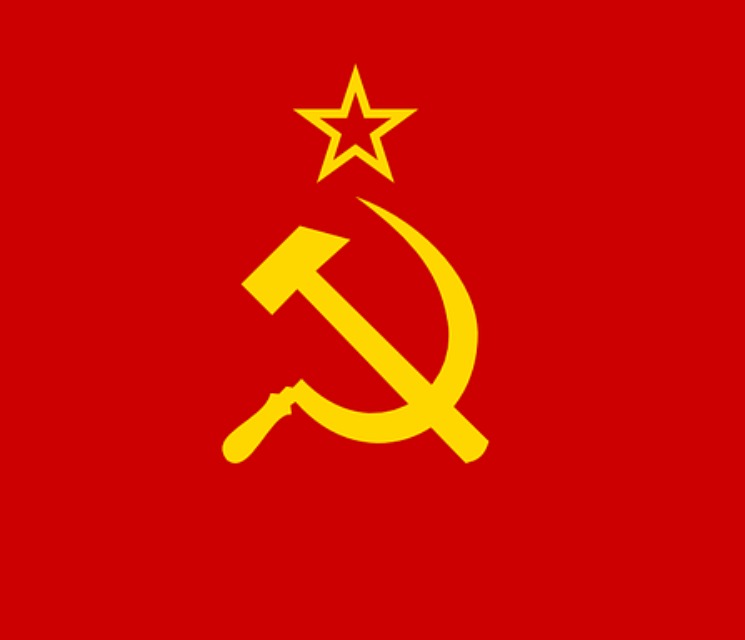Mikhail Gorbachev’s March 17, 1991 referendum on maintaining the USSR as a “renewed federation” was the first in Soviet, or Russian, history. As the following report makes clear, the referendum was not merely an exercise in public opinion polling or a guide to policymakers. It was intended to give Gorbachev a popular mandate for pressuring the newly elected legislatures of the Baltic States and Soviet republics seeking independence or greater sovereignty. In this light, the referendum amounted to an attempt to use democratic methods to undermine the results of democracy.
Its other purposes aside, however, Gorbachev’s referendum does represent an aspect of the democratization of Soviet politics that has taken place since 1985. The Helsinki Commission has carefully tracked this process through public hearings and extensive staff reports on perestroika and on the Baltic States. In 1990, in accordance with its mandate to monitor and promote compliance with the provisions of the Helsinki Final Act and subsequent CSCE documents, the Commission sent staffers to observe parliamentary elections in the Baltic States and the Soviet republics. A compendium of their reports was published in December 1990. This year, Commission staffers monitored the March 3 “counter-referendums” on independence held in Latvia and Estonia, at the invitation of their parliaments and governments. The Commission also sent staffers to observe the conduct of the voting on March 17 in Latvia, Russia, Ukraine and Kazakhstan, and on March 31 observed Georgia’s plebiscite on independence. The following report reflects their on-site observations, supplemented by subsequent published reportage about the referendum, and contains as well an analysis· of the referendum’s implications.
In retrospect, perhaps the most striking thing about the referendum is how little notice the Soviet and international media now pay to an event depicted as “historic.” To some extent, the fast pace of change in Soviet politics precludes lingering on last month’s news. But the lack of attention also reflects the referendum’s minimal impact: as a stategem, it was flawed; as policy, it was irrelevant, since the jurisdictional disputes in the USSR between center and republics had already gone too far for mere strategems to be effective. In fact, the failure of the March referendum to deliver what its initiators sought was its greatest contribution to Soviet politics, since it helped produce the “April Pact” between Gorbachev and leaders of nine republics. That agreement, if followed through sincerely, promises to be a watershed in the decentralization and democratization of the Soviet Union, and may prove genuinely “historic.”





